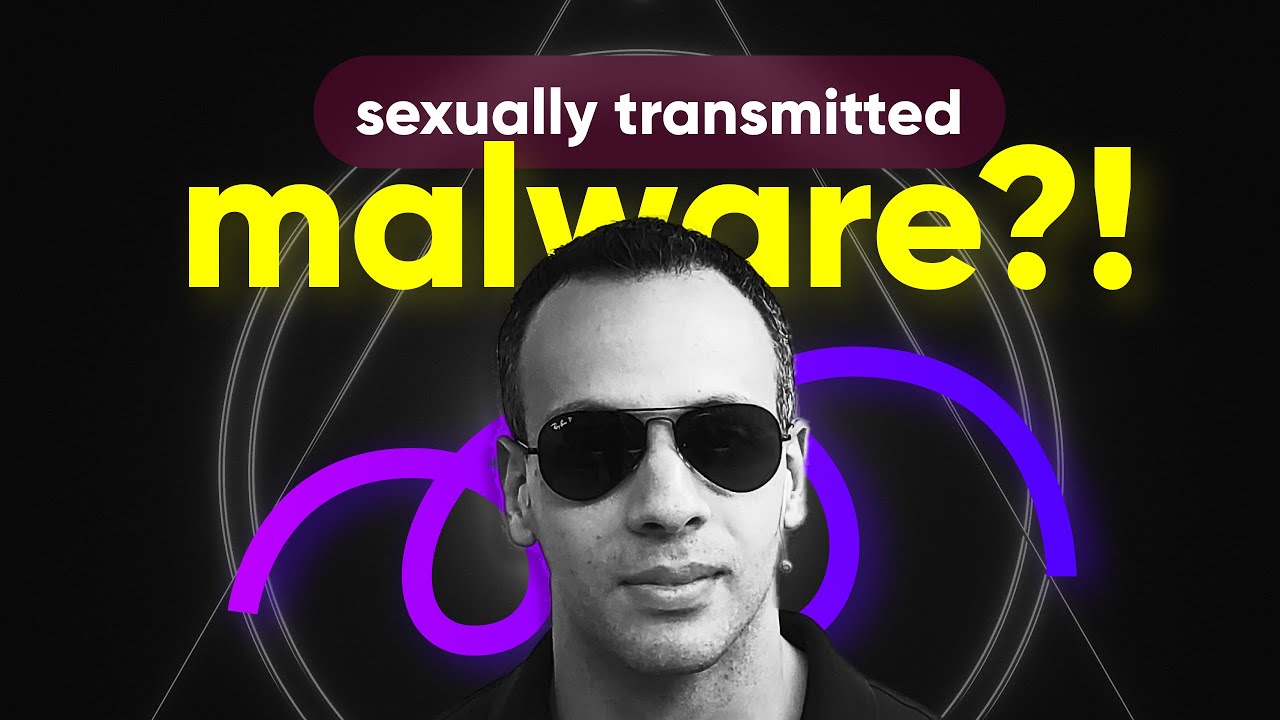- 6 Posts
- 29 Comments

 32·7 months ago
32·7 months agodeleted by creator

 2·7 months ago
2·7 months agodeleted by creator
https://en.m.wikipedia.org/wiki/Wealth_inequality_in_the_United_States
The 1% is not as telling as the 20% by comparison with 34.9% versus 86% respectively.

Nah, the politicians asked around, the automaker lobbyists blamed the device, some intern-slave wrote a halfass bill, and no one cared to stop fundraising as little power prostitutes long enough to question it.
deleted by creator

 5·8 months ago
5·8 months agoNot ‘for android’ but this TTS model is popular https://github.com/coqui-ai/TTS
This one is a little older but works as well: https://github.com/snakers4/silero-models
Both of those are AI models only. Most offline AI is runs over the network already, so like I have it on my phone at home, but it requires setup and I’m connecting to my computer to offload the task on my GPU. Personally my phone doesn’t have anywhere near enough RAM to run all of Android’s (zygote) bloat even on GrapheneOS and any models I would want to run.
I don’t think we are at the point where mobile devices have the hardware specs needed for this to happen natively yet. Maybe it will happen soon though.
That’s just what I know, but it is like water cooler talk and not primary source authority by any stretch.

 8·8 months ago
8·8 months agoThat wouldn’t do a whole lot in practice for things like phones. Having root access is not the actual hurtle. The hardware itself is usually undocumented and the kernel is not mainline merged so the community can’t actually support the device in a meaningful way.
The only kernel that supports the device is the ancient orphaned forked kernel that ships from the manufacturer. This is what Android really is and why you’ll often hear people say it is not real Linux. In truth it is its own thing with a stripped down Linux kernel underpinning it. Google puts together a stripped down Linux kernel for devices that is specifically setup for hardware manufacturers to add the hardware support binaries at the last possible minute. You would need hardware documentation for the chipset and the source code for these binaries in order for the community to support the hardware in the mainline kernel.
These hardware manufactures are too embarrassed to share their terrible code, and too worried about getting caught for all of the IP they have stolen to build their hardware. Their criminality comes with the added benefit of theft of end consumer ownership through planned deprecation.
I didn’t word my reply so direct or strongly, but it is the glass half empty truth.

 121·8 months ago
121·8 months agoI read most of it, wrote a 1.5k word supporting reply. Take the time folks. It’s worth it if you’re in the USA.

 24·8 months ago
24·8 months agodeleted by creator

 45·8 months ago
45·8 months agoI’m not upset because I think it is totally irrelevant because training AI is not reproducing any works and it is no different than a person who reads or sees said works talking about or creating in the style of said works.
At the core, this amounts to thought policing as the final distilled issue if this is given legal precedent. It would be a massive regression of fundamental human rights with terrible long term implications. This is no different than how allowing companies to own your data and manipulate you has directly lead to a massive regression of human rights over the last 25 years. Reacting like foolish luddites to a massive change that seems novel in the moment will have far reaching consequences most people lack the fundamental logic skills to put together in their minds.
In practice, offline AI is like having most of the knowledge of the internet readily available for your own private use in a way that is custom tailored to each individual. I’m actually running large models on my own computer daily. This is not hypothetical, or hyperbole; this is empirical.

 4·8 months ago
4·8 months agoCan’t, it’s books stuff.

 2·8 months ago
2·8 months agoFor some reason I think of Alia, Paul’s possessed abomination of a sister from Dune.

 12·8 months ago
12·8 months agoVladimir Harkonnen

 6·9 months ago
6·9 months agoOne trick I’ve noticed with LLMs that might translate to diffusion is that they struggle with generic pronouns. Try naming your entity and using the name to clarify and define an individual. The smaller the model, the more they seem to struggle with character identity across sentences. Just a thing to maybe try.
Kenny Dev/Null

 4·9 months ago
4·9 months agoWell at least AI’s existence makes the tin foil hat culture of cable television obsolete, as if cable is a thing outside of retirement communities.

 4·9 months ago
4·9 months agoI don’t follow AI image generation for the art really. I’m looking for things that I do not think I could recreate myself. Things like the electric slide image simply resonate with how I feel about dancing; I’d rather do anything else. Styles that may resonate elsewhere or in a traditional style are far less appealing to me. If it looks like anything I could get at random, I am less interested too. I’m not very emotionally invested though.
Can you share the prompt?




I get better results when asking an offline AI like a 70B or 8×7B for most things including commercial products and websites. I’m convinced that Google and Microsoft are poisoning results for anyone they can’t ID even through 3rd parties like DDG. When you see someone’s search results posted about anything, try to replicate and see if you get the same thing. I never see the same thing any more. It is not deterministic, it is a highly manipulative system without transparency.